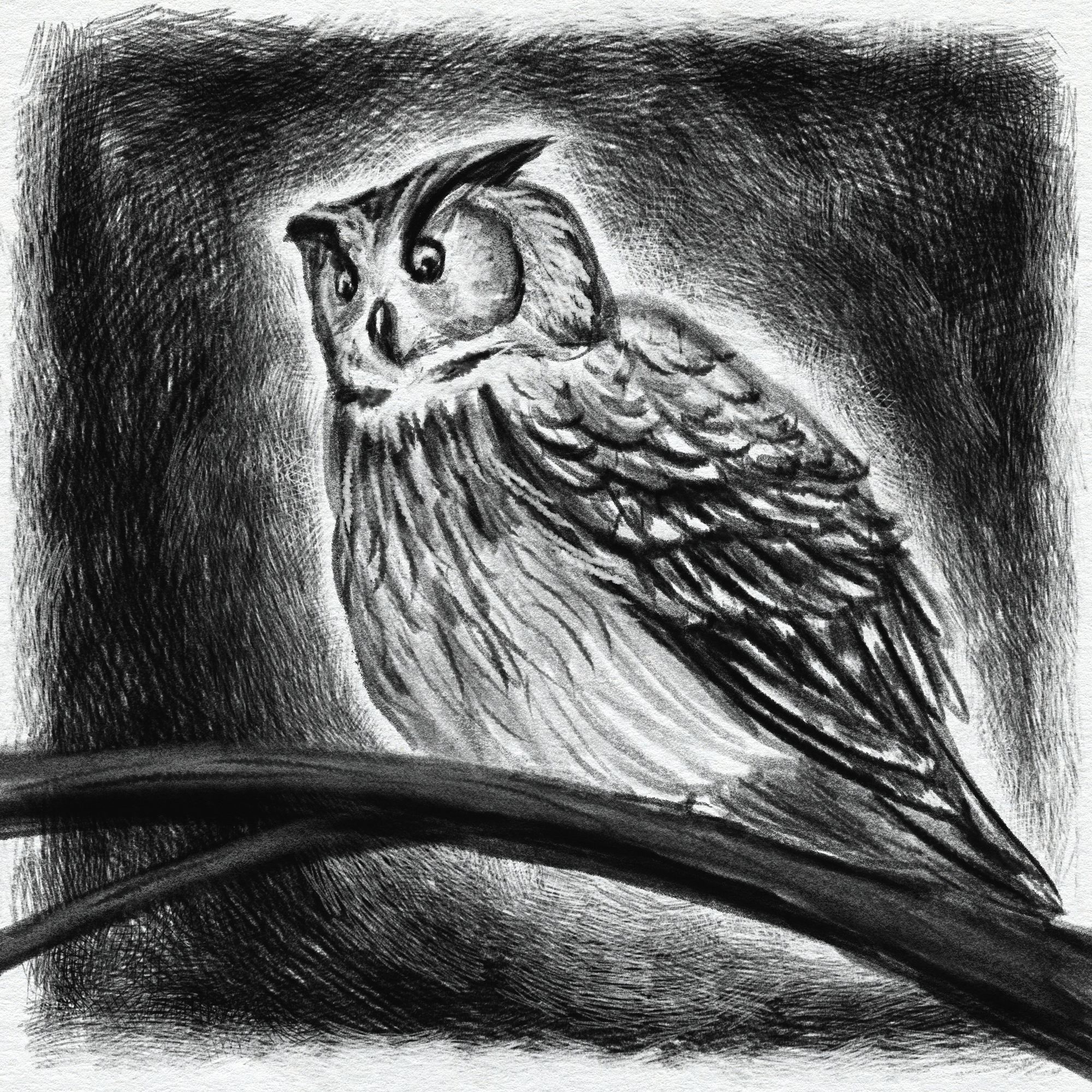Trusting your own perception
It's hard to trust yourself.

While writing yesterday's post about how my use of Randonautica has changed over the years, I realized that part of why I was initially feeding Randonautica such mundane intentions was because I didn't trust myself.
This feeling of uncertainty is something I talk about in depth in my episode about doubt and the paranormal, but I have a bad habit of experiencing things and then convincing myself that I'm exaggerating or making it up.
Do I actually think, deep down, that I'm making up the paranormal experiences that I've had? No. But for whatever reason, it's easier for me to believe other people when they tell me about weird stuff that's happened to them than it is to believe myself.
Some of this, I'm sure, is a natural human tendency to recategorize extraordinary experiences, stripping them of their weirdness and making them more palatable and easy to understand. A sort of shield against cognitive dissonance. Another facet is probably my own shakiness when it comes to trusting the input from subtle senses and processing that alongside my regular senses. And part of it is that it's easy to ignore a lot of paranormal phenomena.
In Consorting with Spirits: Your Guide to Working with Invisible Allies, Jason Miller says that people very seldom experience massive, intense paranormal phenomena that leave no room for doubt.
Instead, we become convinced of the reality of the paranormal through a series of small unexplainable events that when taken altogether leave little room for doubt:
To experience something outside the normal, you have to be open to it. . . . You are trying to experience something that is quite subtle. Something that you already know is going to be part perception and part projection. If you get hypercritical while it is happening, it won't happen. It's like worrying too much about whether you are really balanced while riding a bike—if you don't let go, you simply won't get that balance. You can't force everything to adhere to the ordinary senses, because those are the very senses that you are trying to transcend! Give yourself some slack. If a spirit appears and speaks, just accept it. Stop worrying about whether it's your own imagination or not. A huge number of students who tell me they can't perceive spirits actually do have experiences. They just instantly dismiss them as fantasy.
I really enjoyed this book, enough that I spent two episodes about it on my podcast. Passages like this make me feel called out (but also seen).
In the face of my own self-doubt, it often feels easier to use methods of paranormal investigation that leave less up to interpretation, even if those experiences are less meaningful than they could be as a result, such as the very basic Randonautica trips I talked about yesterday.
But that's not all. I spent a lot of time thinking about solo ghost hunting methods during the early days of the pandemic, and I got really stuck on adapting the Estes Method for solo use. I did finally figure it out (and I doubt I'm the only one who's done something similar.)
When I really look at my motivation for figuring out a Solo Estes Method, it's easy to see my own self-doubt. There are countless ways to investigate the paranormal alone, from tarot cards to pendulums, automatic writing to EVP sessions, and more.
But there's something very tidy and straightforward about the Estes Method. It leaves much less room for interpretation than another method might, since it's based on straightforward questions and answers.
There can be ambiguity if you can't quite make out a word on the recording, but other than that, you come out with clear text that you can then pick apart and analyze. It doesn't feel as subjective as something like reading tarot or listening back to an EVP session and trying to determine whether you're hearing words or just background noise.
So if you're someone like me, weighed down by self-doubt, the Estes Method feels a bit more straightforward. That being said, I'm working to try to feel more confident in my own experiences, and have been playing around with some squishier paranormal investigation methods (like automatic drawing.)
It's hard to quiet the part of my brain that always wants a logical explanation for everything. But I think that weirder, less straightforward methods are likely to yield more interesting answers.

